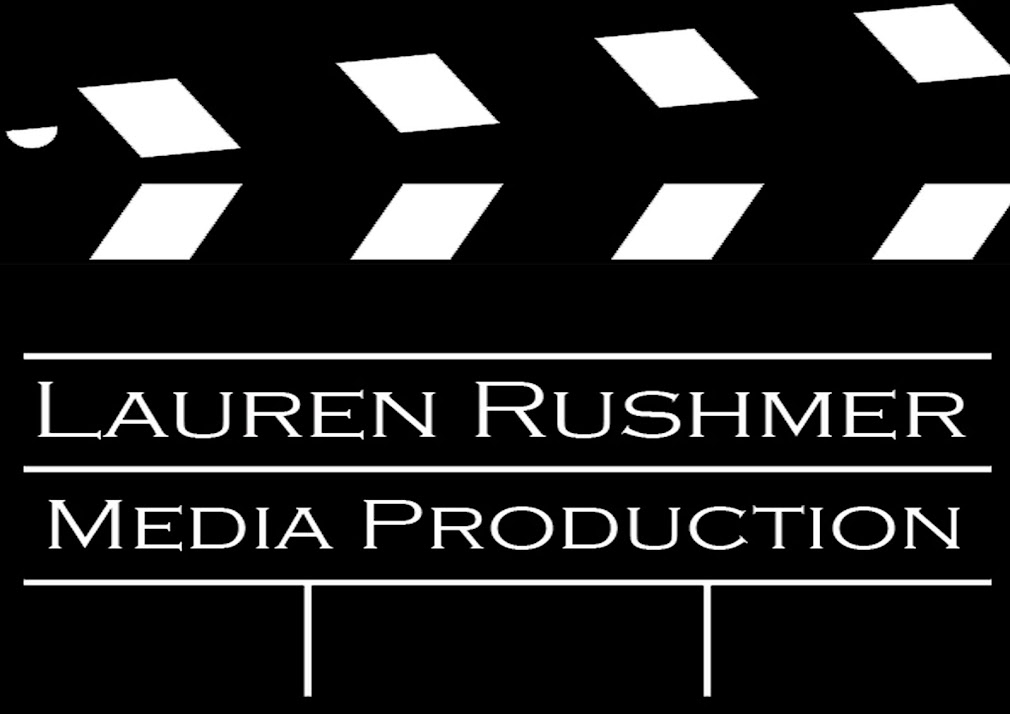I found this article while researching for title sequences throughout history, which can be found here.
I think it's very.. weird. As an audience in this era pretty much all the information needed was needed on one or two screens, nowadays, we have minimum of 30 names on a 2 minute video. I also think that's it's strange imagining sitting in an audience having to guess the genre on the film based on the typography of the title.
On the other hand, I think it was very clever. Those making these films had to think about what was the easiest font to read and how big the text should be, the average reading time for an audience so they could determine how long each shot should be on screen for. I wonder if any of those audiences imagined that film would be like it is today.
I think it is amazing how much title sequences have changed, they're now seen as an art form and are so more creative than they were in early film. I remember seeing this film as a child, and instantly (if you can't tell from the title of the film), you were able to get a real feel of the film and what it would be about - almost like a blurb but for a film. Title sequences became more entertaining, you would actually pay more attention to the names on the screen which would mean that those involved with the film would actually be remembered for it (I know there are credits right at the end of a film, but no one ever stays to watch them all through unless there are bloopers on the end like with Toy Story).
(To Kill a Mockingbird:) I really liked and enjoyed this title sequence. From watching the title sequence you see it presented as if you're a child (which really is the whole story, we're seeing it from the child's perspective with her older voice narrating her thoughts at the time), it also intrigues you as it completely contrasts with the idea from the title of killing a mockingbird as the themes and youth and death are rarely put together. I feel, if it wasn't for this contrast I wouldn't have been so encouraged to watch the film. In addition, I felt like most of the films I had seen up to this point had had title sequences that were more narrative and introducing the story to me, whereas this threw me off a little as it wasn't something I had really seen before.
This is, personally, one of my favourite title sequences ever to date. I love that you get all these little snippets of information at the title sequence and then spend the whole film on the edge of your seat ready to find out how they all link together (which, they do. In case you haven't seen the film, he cuts off his fingerprints which makes him so hard to track down). I also didn't realise until this lesson that the film and title sequence were made by two different people. I think it's amazing that Kyle Cooper (title sequence maker) followed the directors style for this title sequence, you literally can't tell. Which, I think is beneficial to film, you don't want two different styles clashing, as it disrupts the audience too much.
Overall, title sequences have changed for the better. Now title sequences are entertaining, they get more credits in and due to the entertainment of what is happening on screen and how the name will unfold in front of you, gets the name a lot more attention than in earlier films. I believe that title sequences have definitely taken on this form of art which allows the audience to appreciate it more and the time put in to making it. I think it also gives a taste to the audience on what the genre is to the audience and what the film will be like and is about.




No comments:
Post a Comment